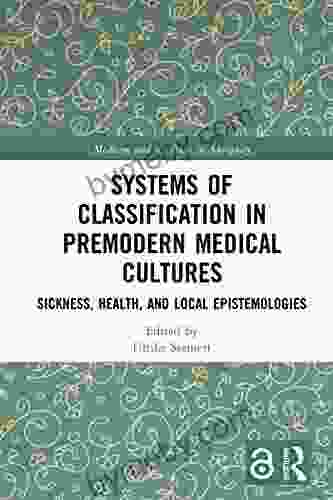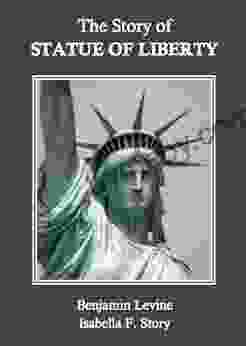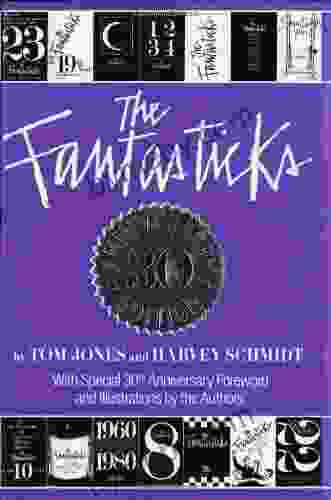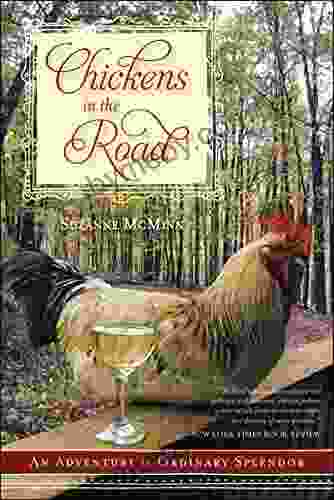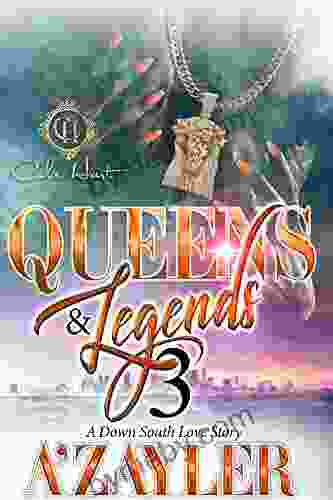Medicine and the Body in Antiquity: Exploring Local Epistemologies through Sickness and Health

In the realm of ancient medicine, the understanding of sickness and health was not a monolithic concept but rather a multifaceted tapestry woven from the threads of diverse local epistemologies. Medicine and the Body in Antiquity, a comprehensive and insightful literary masterpiece, delves into this captivating subject, shedding light on the intricate relationship between illness, healing, and the perception of the human body in ancient societies.
The Plurality of Medical Knowledge
Far from conforming to a singular, universally accepted dogma, medical knowledge in antiquity was a vibrant and heterogeneous landscape, shaped by the unique cultural, religious, and environmental contexts of each civilization. Greek and Roman medicine, with its emphasis on scientific observation and rational explanation, coexisted alongside diverse medical traditions in Egypt, Mesopotamia, India, and China. Each of these systems possessed its own distinct theories, therapeutic practices, and perspectives on the human body.
4 out of 5
| Language | : | English |
| File size | : | 5870 KB |
| Text-to-Speech | : | Enabled |
| Screen Reader | : | Supported |
| Enhanced typesetting | : | Enabled |
| Print length | : | 338 pages |
For instance, ancient Egyptian medicine attributed illness to imbalances in the body's vital fluids and relied on a combination of herbal remedies, surgical procedures, and incantations to restore equilibrium. In contrast, Indian Ayurvedic medicine emphasized the interconnectedness of mind, body, and spirit, employing a holistic approach to healing that incorporated dietary modifications, meditation, and herbal formulations.
Medicine and the Body: Cultural Contexts
The perception of the human body in antiquity was inextricably linked to the cultural milieu in which it existed. In Greek and Roman society, the body was often viewed as a microcosm of the cosmos, subject to the same forces and principles that governed the natural world. Health was considered a state of harmony and balance, while sickness was attributed to external disturbances or internal imbalances.
In contrast, ancient Egyptian beliefs held the body to be a sacred vessel inhabited by multiple divine spirits. Disease was thus seen as a result of spiritual disharmony or the intrusion of malevolent forces, requiring rituals and incantations to restore balance and appease the gods.
Sickness and the Social Sphere
The experience of sickness and the access to medical care were deeply influenced by social inequalities and power dynamics within ancient societies. While the wealthy and elite had access to the most advanced medical knowledge and treatments, the poor and marginalized often relied on folk remedies, religious rituals, and the assistance of unlicensed practitioners.
In some cultures, such as ancient Greece, the sick were often ostracized and excluded from social life. In contrast, societies like imperial Rome established public hospitals and provided medical care for the impoverished, reflecting a more compassionate and inclusive approach towards illness and suffering.
The Role of Religion and Magic
Religion and magic played a significant role in the medical practices of antiquity. Many cultures believed that illness was caused by supernatural forces, and healing was often sought through prayers, offerings, and the intervention of divine healers.
In ancient Egypt, priests served as physicians, combining medical knowledge with religious rituals to treat the sick. In Mesopotamia, the healing arts were closely associated with the cult of the god Marduk, and temple-based medicine flourished.
The Development of Anatomical Knowledge
The pursuit of anatomical knowledge played a pivotal role in the advancement of medical understanding in antiquity. The dissection of human bodies, though often limited by cultural taboos, provided valuable insights into the structure and function of the human organism.
In ancient Greece, the physician and philosopher Alcmaeon of Croton is credited with performing the first systematic dissections, while Herophilus of Alexandria established the foundations of human anatomy in the 3rd century BCE. Their work laid the groundwork for subsequent anatomical discoveries and paved the way for advances in surgery and other medical disciplines.
Medicine and the Body in Antiquity: A Legacy
The medical knowledge and practices that emerged in antiquity left an indelible mark on subsequent generations. The principles of Greek and Roman medicine, with their emphasis on observation, rationalism, and anatomy, formed the backbone of Western medical tradition.
Ancient Egyptian, Mesopotamian, Indian, and Chinese medical systems continued to flourish in their respective regions, influencing the development of local medical traditions and contributing to the global tapestry of medical knowledge.
Medicine and the Body in Antiquity offers a fascinating exploration into the diverse and complex world of medical knowledge and practices in ancient societies. By delving into local epistemologies, the book unveils the multitude of ways in which humans have understood sickness and health throughout history.
From the humoral theories of ancient Greece to the holistic approaches of Ayurvedic medicine, from the supernatural beliefs of ancient Egypt to the anatomical discoveries of Hellenistic physicians, Medicine and the Body in Antiquity paints a rich and nuanced portrait of medicine's enduring quest to understand and heal the human body.
Whether you are a scholar, a medical practitioner, or simply someone fascinated by the history of human health, this book is an invaluable resource that illuminates the deep-rooted connections between medicine, culture, and the human experience.
4 out of 5
| Language | : | English |
| File size | : | 5870 KB |
| Text-to-Speech | : | Enabled |
| Screen Reader | : | Supported |
| Enhanced typesetting | : | Enabled |
| Print length | : | 338 pages |
Do you want to contribute by writing guest posts on this blog?
Please contact us and send us a resume of previous articles that you have written.
 Book
Book Novel
Novel Page
Page Chapter
Chapter Text
Text Story
Story Genre
Genre Reader
Reader Library
Library Paperback
Paperback E-book
E-book Magazine
Magazine Newspaper
Newspaper Paragraph
Paragraph Sentence
Sentence Bookmark
Bookmark Shelf
Shelf Glossary
Glossary Bibliography
Bibliography Foreword
Foreword Preface
Preface Synopsis
Synopsis Annotation
Annotation Footnote
Footnote Manuscript
Manuscript Scroll
Scroll Codex
Codex Tome
Tome Bestseller
Bestseller Classics
Classics Library card
Library card Narrative
Narrative Biography
Biography Autobiography
Autobiography Memoir
Memoir Reference
Reference Encyclopedia
Encyclopedia The Total Travel Guide Company
The Total Travel Guide Company Eva Maria Zurhorst
Eva Maria Zurhorst Shana Belfast
Shana Belfast Toby Musgrave
Toby Musgrave Michael Arkush
Michael Arkush Susan Jones
Susan Jones Julie Gregory
Julie Gregory Tom Heintjes
Tom Heintjes Leslie Bulion
Leslie Bulion Stephen Mansfield
Stephen Mansfield William Bohan
William Bohan Nia Arthurs
Nia Arthurs George O Connor
George O Connor Mark Knowles
Mark Knowles Ken Dryden
Ken Dryden Thomas Huening
Thomas Huening Susan Nagel
Susan Nagel Vincent W Davis
Vincent W Davis Squire D Rushnell
Squire D Rushnell Stephen Mcgown
Stephen Mcgown
Light bulbAdvertise smarter! Our strategic ad space ensures maximum exposure. Reserve your spot today!
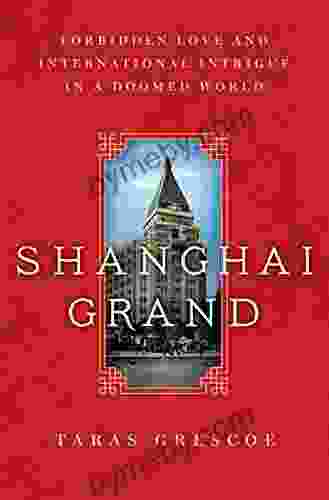
 Dean ButlerForbidden Love and International Intrigue in a Doomed World: An Unforgettable...
Dean ButlerForbidden Love and International Intrigue in a Doomed World: An Unforgettable... Griffin MitchellFollow ·7.7k
Griffin MitchellFollow ·7.7k Kelly BlairFollow ·8.2k
Kelly BlairFollow ·8.2k Asher BellFollow ·5.8k
Asher BellFollow ·5.8k Hayden MitchellFollow ·3k
Hayden MitchellFollow ·3k Banana YoshimotoFollow ·7.5k
Banana YoshimotoFollow ·7.5k Braden WardFollow ·10.4k
Braden WardFollow ·10.4k Billy FosterFollow ·5.6k
Billy FosterFollow ·5.6k Josh CarterFollow ·14.3k
Josh CarterFollow ·14.3k

 Donald Ward
Donald WardUnveiling the Enthralling World of "Belong to the Baddest...
In the vibrant and...
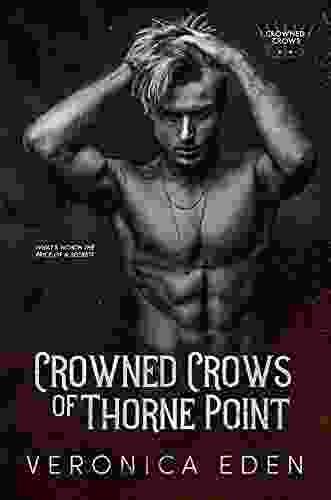
 José Martí
José MartíCrowned Crows of Thorne Point: A Literary Odyssey into...
In the realm of literary masterpieces,...
4 out of 5
| Language | : | English |
| File size | : | 5870 KB |
| Text-to-Speech | : | Enabled |
| Screen Reader | : | Supported |
| Enhanced typesetting | : | Enabled |
| Print length | : | 338 pages |


